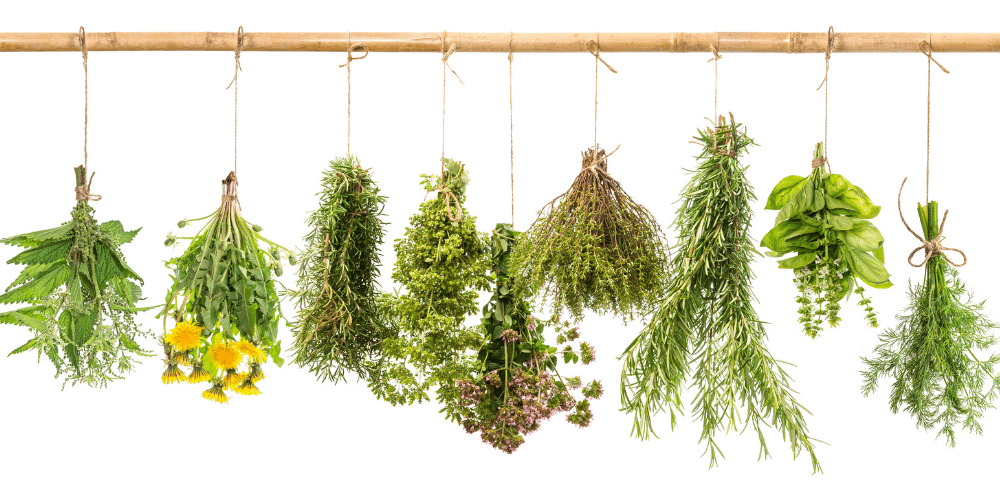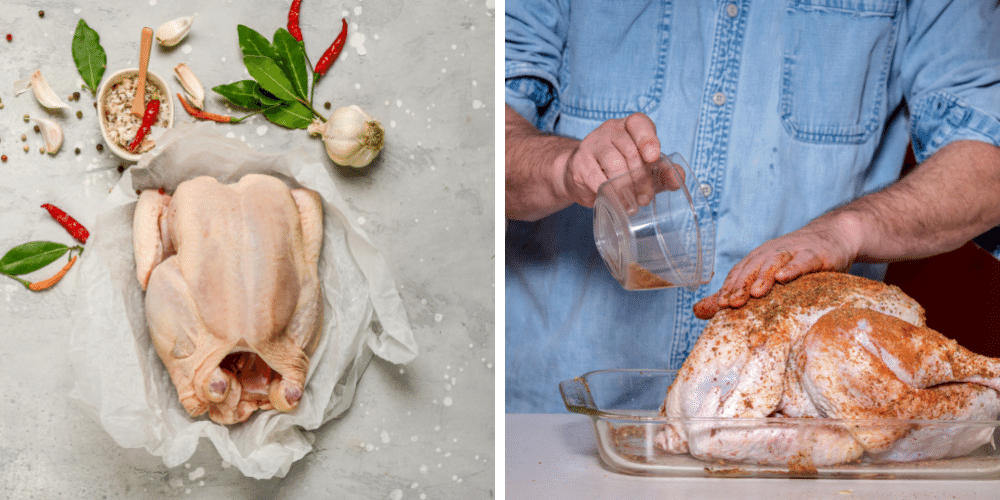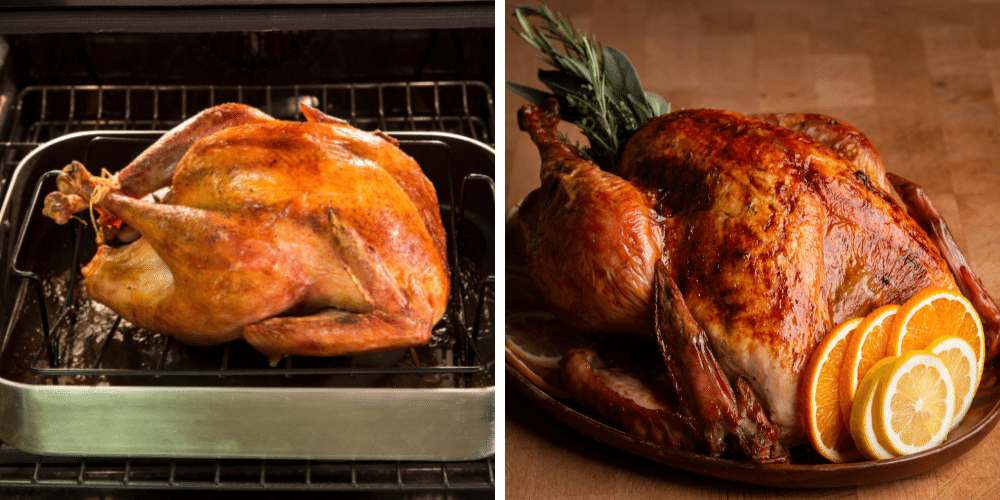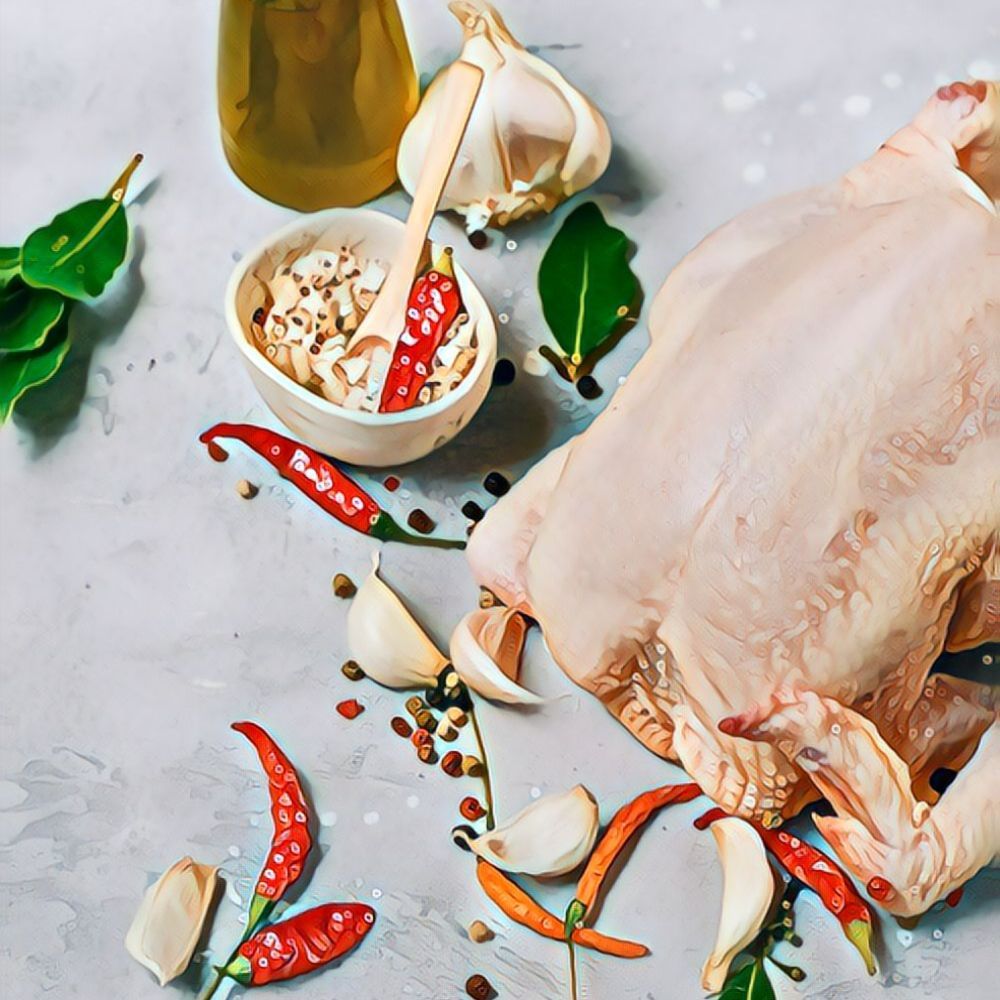In This Article
This post may contain affiliate links, please see our privacy policy for details.
It's that time of year again! The time when families gather 'round the table to give thanks... and eat a whole lot of turkey. That's right, Thanksgiving is just around the corner. And what would Thanksgiving be without a juicy, delicious turkey?
But before you can sit down to enjoy your meal, there's one important question that needs to be answered: what is the best seasoning for turkey? This age-old debate has raged on for years, with no clear winner in sight. But never fear, we're here to settle the score once and for all.
I've cooked my fair share of turkeys over the years, and let me tell you, the secret to success is all in the seasoning. But before we get into that, let's talk about what kind of turkey you should buy.
While you may be tempted to buy a frozen turkey because it's cheaper, I would strongly advise against it. Not only will it take forever to thaw (more on that later), but it will also be waterlogged and flavorless. Your best bet is to buy a fresh turkey from your local butcher or grocery store. Yes, it's more expensive, but trust me, it's worth it.
Seasoning
Now that we've got that out of the way, let's talk about seasoning. When it comes to seasoning your turkey, there are a few things you'll need: dried herbs (I like to use a mix of sage, rosemary, thyme, oregano, marjoram, garlic and chili pepper), and melted butter or oil. That's it! No Salt! Salt is anhydrous. It dries out the turkey evaporating moisture.

Sage
Sage is another popular choice for seasoning turkey. Sage has a savory, earthy flavor that pairs well with the rich taste of turkey. Sage also has some health benefits - it is known to aid in digestion and help relieve gas and bloating. If you're looking for a classic flavor combination that will please guests of all ages, sage is a great choice.
Rosemary
Rosemary is a more bold and assertive flavor than sage or salt. It has a slightly bitter taste with hints of lemon and pine. Rosemary pairs well with other herbs such as thyme or oregano. If you're feeling adventurous, try rubbing rosemary oil on your turkey before cooking it - your guests will be impressed!
Thyme
Thyme is a delicate herb with a light, lemony flavor. It pairs well with other herbs such as rosemary, oregano, and sage. Thyme is also known for its health benefits - it is a natural antibacterial and can help boost your immune system.
Oregano
Oregano is a robust, earthy herb with a slightly bitter taste. It pairs well with other bold flavors such as garlic, onion, and chili pepper. If you're looking for a flavor that will really stand out, oregano is a great choice.
Marjoram
Marjoram is another under-utilized herb that is perfect for seasoning turkey. It has a mild, sweet flavor with hints of citrus. Marjoram pairs well with other herbs such as sage and thyme.
Garlic
Garlic is a strong, pungent flavor that can really liven up a dish. It pairs well with other bold flavors such as oregano, onion, and chili pepper. If you're looking for a flavor that will really stand out, garlic is a great choice.
Chili Pepper
Chili pepper is a hot, spicy flavor that can add some kick to your turkey. If you're looking to spice things up, try rubbing a chili pepper-infused oil on your turkey before cooking it. Your guests will be impressed!
Bay Leaf
Bay leaf is a common ingredient in many marinades and sauces. It has a strong, pungent flavor with hints of mint and eucalyptus. Bay leaf pairs well with other herbs such as rosemary and thyme.
To sum it up, there is no one perfect seasoning for turkey. It all depends on your personal preferences. So go ahead and experiment with different herbs and spices until you find the perfect combination for you. Happy cooking!
So, how does one keep their bird nice and juicy without using salt?
The key is in the fat and high heat. Butter is key here. Melted butter bastes the turkey as it roasts keeping the juices in and giving the skin that lovely golden hue we all crave.
Herbs give the turkey flavor without adding salt. You could even try using some citrus zest for a bright flavor note. Ultimately, it's up to you how you season your turkey, but I would recommend steering clear of salt if you want a moist and delicious bird.
Once you have your ingredients assembled, it's time to start seasoning.
First, melt about a half-cup of butter and generously brush it over the entire turkey (before this step, make sure to dry off the inside and outside of the turkey). Then, mix together the dried herbs and rub them all over the outside and inside of the bird.

Now it's time to place the turkey on a V-rack in a roasting pan.
Remove any excess skin around the cavity and wedge a metal fork between the backbone and bottom ribs to keep the cavity open. This will allow heat to reach the backbone. Cover the breasts and legs with foil before adding four cups of broth to the roasting pan.
For conventional ovens, cook at 450◦-475◦ degrees, for two hours. For convection ovens, cook at 425 degrees for one and a half hours. Remove the foil for the last 20-25 minutes of cooking to brown the skin. And finally, don't baste! Basting will break the caramelization (called "assamar") that gives your turkey its delicious flavor.

Follow these simple tips and you'll have a delicious Thanksgiving turkey that will impress your friends and family!
Final Thoughts
There you have it! A foolproof guide to seasoning your Thanksgiving turkey. Now all that's left to do is pop it in the oven and wait for the compliments to start rolling in! Bon appétit!
From all of us here at Catchy Shopper, Happy Thanksgiving!










